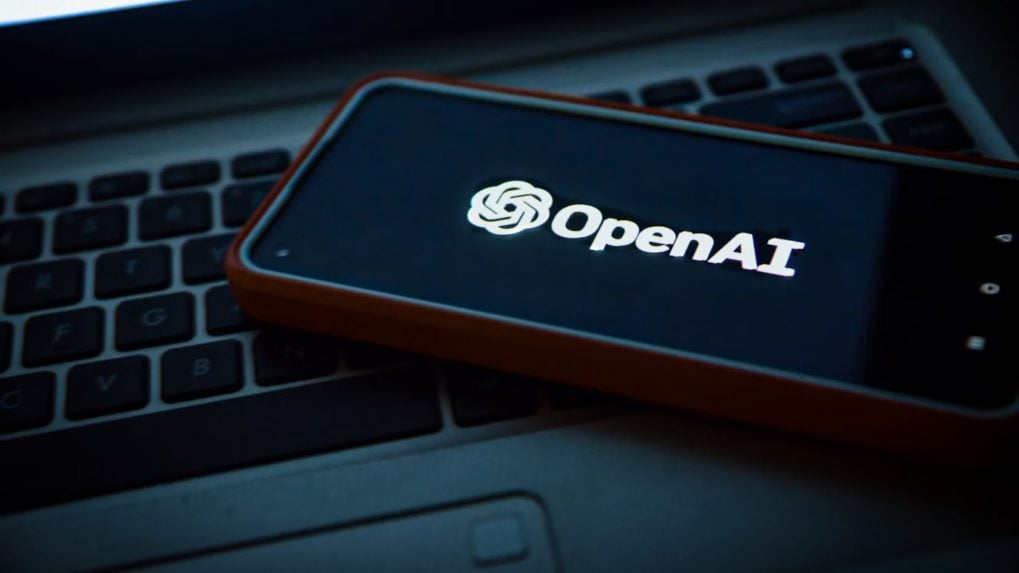Advertising
From Pink Slips to Silent Sidelining: Inside adland’s layoff and anxiety crisis

OpenAI is gearing up to launch its own AI-powered web browser, aiming to disrupt a market long dominated by Google Chrome, Reuters reported. The browser is expected to debut in the coming weeks and is designed to transform how users interact with the web, using artificial intelligence at its core.
This move signals a major expansion of OpenAI’s ecosystem, giving it direct access to user web activity, a key source of data that currently fuels Google's ad business. Chrome, with over 3 billion users globally, is not only a dominant browsing tool but also a critical engine for Google’s advertising revenue, which constitutes nearly 75% of Alphabet’s total income.
By creating its own browser, OpenAI could route user interactions through a ChatGPT-like interface, reducing the need for traditional search clicks and changing how users discover and interact with content.
As per the Reuters report, OpenAI’s browser will integrate AI agents capable of executing tasks for users like booking reservations or filling out forms directly within websites. This creates a seamless and assistive browsing experience, positioning the browser as a powerful new hub for OpenAI’s broader suite of AI services.
The company already claims 3 million business users for ChatGPT and is expanding into hardware, having acquired AI device startup “io” earlier this year in partnership with Jony Ive.
Despite Chrome’s commanding market share, OpenAI is not alone in its ambitions. Other AI-focused browsers such as Perplexity’s Comet and The Browser Company’s Arc have entered the field with smart browsing and automation features.
From purpose-driven work and narrative-rich brand films to AI-enabled ideas and creator-led collaborations, the awards reflect the full spectrum of modern creativity.
Read MoreLooking ahead to the close of 2025 and into 2026, Sorrell sees technology platforms as the clear winners. He described them as “nation states in their own right”, with market capitalisations that exceed the GDPs of many countries.